Das Olympische Bildungsmagazin
Happy new year: Presentations from Play the Game 2017
- Jens Weinreich
- 1. Januar 2018
- 23:56
- Ein Kommentar
Ich wünsche allen Besuchern von Herzen ein gesundes und angenehmes neues Jahr.
Die Pause hier hat ein Ende, lassen Sie sich überraschen. Noch müssen Versprechen eingelöst werden, und auf diesem Wege hat sich einiges getan. Bevor wir uns also gemeinsam alten und neuen Projekten widmen und weiter über weltumspannende olympische Kriminalität und über die spannungsreichen Mega-Events des Jahres 2018 debattieren, möchte ich kurz an die wunderbare Konferenz Play the Game vor einigen Wochen in Eindhoven erinnern.
Play the Game war wieder einmal ein Festival der Aufklärung und des Journalismus. Ein im weltweiten Olympiabusiness unvergleichliches Angebot, das ich in diesem Theater seit 2007 empfehle (u.a. hier geht es zu den Magazinen vergangener Konferenzen), und das nicht nur als langjähriges Mitglied der PTG-Programmkommission, sondern einfach auch als Dauergast seit der zweiten Konferenz im Jahr 2000, als jemand, der sich diesem Netzwerk verschrieben hat und dafür belohnt wurde mit großartigen Freundschaften, Ideen, Wissen und Mutmachern aller Art.
Inzwischen sind die meisten Präsentationen aufgearbeitet und stehen online zur Verfügung. Videos der größeren Sessions gibt es ebenfalls – lassen Sie sich informieren und inspirieren. Unbedingt!
Als erste kleine Serviceleistung im neuen Jahr – die Präsentationen aus Eindhoven:
Sunday 26 November – Opening Day
14.00-18.00: Opening session: Riding waves of change
Henrik H. Brandt: Welcome to Play the Game 2017
Jens Sejer Andersen: Welcome speech: Riding waves of change
Snežana Samardžić-Marković: Investing in ethical and safe sport: the international perspective
20.00-21.45: Main session: Sexual abuse and how to prevent it
Bettina Rulofs: VOICEs for truth and dignity – combatting sexual violence in European sport
Willem Feenstra: How journalism can cause a breakthrough in the debate on sexual abuse
Geert Slot: Why an independent inquiry into Sexual Abuse in sport in the Netherlands?
George Nikolaidis: Child protection from sexual victimization in sports: recent initiatives and the role of Council of Europe
20.00-21.45: Main session: National Sports Governance Observer: The first results and future perspective
Arnout Geeraert: National Sports Governance Observer: How does it work and how can we share it
Frank van Eekeren: Results from the Netherlands
Luis Felipe Barros & Luiz Haas: Results from Brazil
Monday 27 November
9.00-11.45: Plenary session: International sport on trial: Which case for the prosecution?
Stefano Caneppele: Understanding the risk of corruption in sport: the DACCS initiative
Arnout Geeraert: Sports governance around the world: Any sign of progress?
Fabiana Schneider: The Rio 2016 investigations and the international dimension
David Howman: What can a sports organisation achieve facing massive crime and corruption?
Francesco Ricci Bitti: Will self-regulation work – and when?
11.50-13.00: Parallel session: Athletes rights and monopoly powers
Jürgen Mittag: Towards new modes of conflict and representation? The rise of labor relations in European sport
Maximilian Seltmann: Employment Relations within the Olympic Movement: Consequences of the Monopoly Power of Organized Sport
Brendan Schwab: Embedding the human rights of athletes in world sport
Nikki Dryden: Can World Sport Embrace Human Rights?
Laura Robinson:
11.50-13.00: Parallel session: Picture & sound: Perfection and reality
Ian Mengel: Obsessed with perfect pictures
Thomas Horky: Sports Journalism on TV at Football EURO 2016: a Comparison of Live Commentary in Four Different Countries
Grzegorz Lagowski: Digital marketing is a maraton, not a sprint
11.50-13.00: Partner session: Clean Athletes Beliefs about Anti-Doping Policy Legitimacy and Support
Vassilis Barkoukis: Athletes‘ beliefs about the legitimacy of anti-doping control procedures. A qualitative study
Dmitriy Bondarev: Understanding legitimacy of anti-doping policies
Dennis Dreiskämper: Do athletes trust anti-doping organizations?
Andrea Petroczi: Breakdown or breakthrough? The future of anti-doping
11.50-13: Parallel session: Sports governance: Remedies in the remit of sport
Els De Waegeneer: Good Governance in International Sport Federations: the use of ethical codes
Antoine Duval: Publish or perish: The need for transparency at the Court of Arbitration for Sport
Andrew Spalding: Toward an Olympic Governance Legacy
11.50-13.00: Parallel session: State of exception: The mechanisms of mega-events
Christopher Gaffney: Rendering the Games: the essence of the mega-event accumulation regime
Ryan Gauthier: Stadium Financing as a Good Governance Problem
14.15-16.00: Parallel session: Sports governance: Roads to government action
Stine Alvad and Mads Wickstrøm: Autonomy in National Olympic Committees 2017 – An autonomy index
Arnout Geeraert: Sports governance code of Flanders
Jane Purdon: The United Kingdom Code for Sports Governance
George Paterson: Governance in Sport – what role for the EU?
14.15-16.00: Parallel session: Anti-doping policies: Perception and effectiveness
Olivier de Hon: The effectiveness of anti-doping policies
Gerhard Treutlein: Fight against doping in the top level sport of the FRG – expression of good governance?
Joe Harris: Drug Anti-Diversion Strategies to Address Sports Anti-Doping Programs
Christina Weber: Import, seizure and analysis of prohibited substances imported into Switzerland
Matthias Kamber: Perception of Doping in Switzerland
Salomėja Zaksaitė: Doping in chess: a call for adapted anti-doping system
14.15-16.00: Parallel session: Rio revisited: The troubled legacy of the 2016 Olympics
Paul Hover: Rio 2016: Between National and Olympic Challenges
Matthias Fett: Cash & Carnival – World Cup’s boost and Brazil’s setback
Lúcio Castro: Ten years of big events in Brazil: The growth in sports corruption & the omissions of the media
Luis Felipe Barros: Sou do Esporte: Working for change in Brazilian Sport
14.15-16.00: Parallel session: Window undressing: Stories from international sport
Pål Ødegaard & Andreas Selliaas: The many questionable truths of the UEFA President
Declan Hill: The ded is dead: the Russian mob and the Sochi Games
Alessandro Oliverio: Off target: The (lifted) ban against Kuwait
Grit Hartmann: The burden of a weightlifting president
Ezequiel Fernández Moores: City of Exception
Jeppe Laursen Brock: IHF: Do member federations actually play handball?
14.15-16.00: Partner session: Martial Arts: The need for joint regulation
16.30-18.30: Plenary session: Reform in sport: An inside job or an outside intervention?
Hans-Joachim Eckert: An independent ethics committee: Can it work in sport?
David Howman: What can a sports organisation achieve facing massive crime and corruption?
Stanislas Frossard: International Partnership Against Corruption in Sport
Declan Hill: Changing The Dirty Game: how to reform the sports integrity industrial complex
Niels Nygaard: Sport must take responsibility
Tuesday 28 November
9.00-11.45: Plenary session: Sustainable mega-events: A distant dream?
Harry Arne Solberg: Hosting major events: Why all the problems?
Wladimir Andreff: Alleviating the winner’s curse: How to combat cost overruns in mega-sporting events
Raí Oliveira: Brazil after Rio 2016
Jules Boykoff: Anti-Olympics Activism: Protest, Politics, and the Path Ahead
Minky Worden: Moving the Ball on Human Rights and Mega-Sporting Events
11.50-13.00: Partner session: Transforming the Business of Pro Cycling
James Fairbank: Expanding the Role of Sponsors in Sports Governance
Raymond Kerckhoffs and Stephen Farrand: The Media’s Role in Pro Cycling’s Future Success
Michael Carcaise: A Stronger Athletes Union to Support Greater Change in Pro Cycling
11.50-13.00: Parallel session: Big data: A tool for crime prevention and research
Jeppe Laursen Brock: Football Leaks: Tricks and taxes in the world of football
11.50-13.00: Parallel session: „10 years after the White Paper: What has the EU achieved in sport?
Szabolcs Horváth: EU sports policy priorities –
10 years after the White paper
11.50-13.00: Parallel session: Kristen Worley’s Human Rights case and what it means for sport & human diversity
Andy Brown: Kristen Worley’s Human Rights case and what it means for sport & human diversity
11.50-13.00: Parallel session: Sport observatories – how to build a national ‚Play the Game‘
Henrik H. Brandt: Danish Institute for Sports Studies: Setting new agendas in the Danish sports sector
Wladimir Andreff: The French Observatory of Sports Economy
Charlie Raeburn: Observatory for sport in Scotland. Building a sports observatory without public funding
Søren Bang: The Danish facility database
14.15-16.00: Parallel session: Big games in small places: What is the impact?
Per Ståle Knardal: Major Sports Events: The Challenges of Hosting Them Efficiently
Spencer Harris: The sport-related legacy of London 2012: Five years on
Scott Jedlicka: A Compatibility Issue: International Sporting Events and Domestic Polities, 1945-2016
Louis Moustakas: Big Games in Small Places: The African Youth Games and Capacity in Botswana
Simon Licen: Impact and Legacy of the 2013 EuroBasket in Slovenia
Igor Kováč: Sustainable mega-events: A look at some of the solutions related to organisation of the Olympic Games (slides) (PDF)
14.15-16.00: Parallel session: Athletes and anti-doping: Privacy and participation
Benjamin Bendrich: Extended Athletes’ Rights – A Necessary Power Shift in Elite Sport?
Daniel Westmattelmann: Money Matters: The Impact of Prize Money on Doping Behavior – An Agent-based Analysis
Nils Zurawski & Marcel Scharf: Negotiating privacy. Athletes assessment and knowledge of the ADAMS
Paulina Tomczyk: Study of European National Anti-Doping Organizations (NADO) Reporting Practices
Marc Wonneberger: Participation of Athletes by Means of Digital Tools in the Context of Anti-Doping
Mike McNamee: Why we should not GPS tag athletes for anti doping purposes
14.15-16.00: Parallel session: Culture Matters: Governance around the globe
Dolf Seegar & Arjo Klamer: Culture Matters: Compliance in sports
Geoff Schoenberg: Understanding the applicability of good governance systems in developing sports systems
Alberto Carrio Sampedro: The requirements of integrity in Sport Global Governance
Murali Krishnan: Discrimination for Indian sportswomen at all levels
14.15-16.00: Parallel session: Professional sport: Fair game for profiteers
Steve Menary: The breakaway leagues that no-one noticed
Peter Prowse: English football’s richest clubs fail to pay staff a real living wage
Madison Steenson & Karen Perry: A Post Brexit Impact: A Case Study on the English Premier League
Christian Müller: Does revenue growth make football’s financial regulation obsolete?
Tariq Panja: BeIN Sports and the Gulf Blockade
16.30-18.30: Plenary session: Which future for antidoping – if any?
Richard H. McLaren: Flaws in the system: Insights from the IP Report
16.30-18.30: Main session: Experience Eindhoven: Innovation and value creation for sports and vitality
René Wijlens: Open innovation cluster: Innovate and collaborate for physical activation of citizens
Steven Vos: Challenges and chances for use of data as driver for innovation and value creation
Marc van der Zande: Innovation in practice Example Case: nano4sports
Wednesday 29 November
9.00-11.45: Main session: White collar crime in professional sport
Alex Duff: Football’s Secret Trade
Jeppe Laursen Brock: Football Leaks: Tricks and taxes in the world of football
Hans Nelen: Money Laundering in professional football
Wil van Megen: Players under TPO and fundamental rights
9.00-11.45: Main session: Kazan Action Plan: Real action or words on paper?
Iva Glibo: The Kazan Action Plan – what makes the difference?
Alison Burchell: How Oceania uses the Kazan Action Plan
Lars Houbak: Involving a digital generation in sports clubs
11.50-13.00: Parallel session: Whistleblowers and journalists: The dangers of speaking up
Kirsten Sparre: The dangers of sports journalism
Jose Luis Pérez Triviño: Whistleblowing in sport contexts: some moral and psychological problems
Jens Sejer Andersen: Mario Goijman: The failure of the world volleyball to face its past
11.50-13.00: Partner session: The elephant in the room: Prevalence of doping in elite sport
Hajo Seppelt
11.50-13.00: Partner session: Could the Rooney Rule change the face of European sport?
11.50-13.00: Parallel session: Sport in the global marketplace
Lars Andersson: Globalisation, starvation wages and greedy capitalism – the real world of the sports industry
Gijsbert Oonk: Who Belongs to the Nation? Sport, Migration and Citizenship Changes
B. David Ridpath & Tim Abromeit: Expanding the National Football League to the European and Global Marketplace: An Examination of Consumption and Cultural Differences
14.15-16.00: Parallel session: Federations on the inside: problems and progress
Poul Broberg: How Danish sports leaders are changing the international federations from within
Berit Skirstad: Norwegian Ski Federation and two doping cases: crisis management and lost reputation
Florian Petrică: Romanian Football Federation: In search of good governance
Owen Evans: Corporate Cheerleaders: Major League Soccer’s new breed of manufactured ultras
14.15-16.00: Parallel session: Rebuilding the pyramids: Governance in national sport
Ana Arias Castaño: Governance in Sports: Legitimacy of Colombian Sports Federations
Louise Bezerra: Pact for Sport: mobilizing private sponsors and athletes of Brazil
Elvira Baze: For a good governance starting with the Law of Sport
Roger Pielke: An Evaluation of the Governance of US Olympic Sport Federations
Marko Begović: Rethinking the pyramidal structure of sport – an insight from the national perspective
14.15-16.00: Partner session: Anti-doping reform: Proposals from the coal face
Joseph de Pencier: Anti-Doping Reform: Proposals from the Coal Face
Lars Mortsiefer: A new chapter – How intelligence and investigation can change the anti-doping work
Markus Seyfried: Too small to win?
14.15-16.00: Parallel session: Match-fixing: Are there remedies to fix it?
Marius Sprenger: Can we fix the Match Fixing problem? An agent-based model to fight the biggest threat to modern sports
Els De Waegeneer: Match-fixing : what makes an athlete rig a match? A study on the personal and contextual determinants of the willingness to fix a match in Football
Nikolaos Theodorou: “Fix the Fixing” project: Pro-active quelling sports events manipulation
Paolo Bertaccini: Inventing an AntiMatchFixingFormula for Italy
14.15-16.00: Parallel session: Sweating the asset: Making sports facilities work better
Jakob Færch: An innovative approach creates new arenas for sport
Peter Forsberg: Bricks are not enough. How the human factor impacts local environments for sport and leisure
Rasmus Storm & Christian Gjersing Nielsen: Making necessity out of a virtue. How underperforming Danish league stadiums put authorities under pressure
Steven Vos: Interaction at Genneper Parken
16.30-18.00: Plenary session: E-sport: Coming to stay – and to steal the picture?
Ivo van Hilvoorde: eSports and ethics: the need for a research agenda
Alex Lim: Introduction to e-sports
Ian Smith: Integrity challenges in esport
Anna Baumann: Legal Challenges of the Emerging Esports Industry
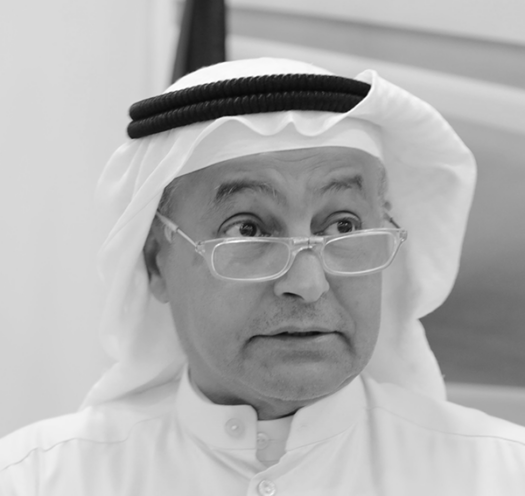

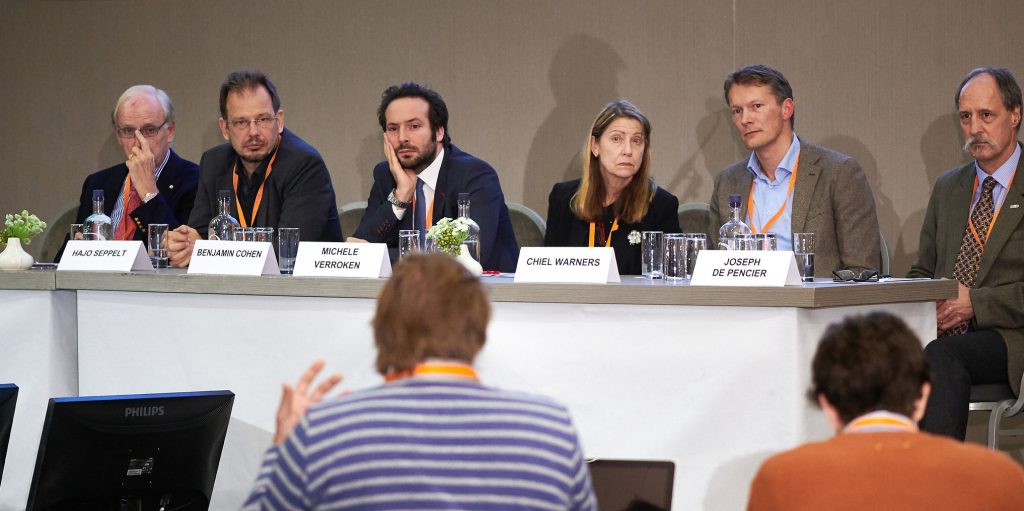
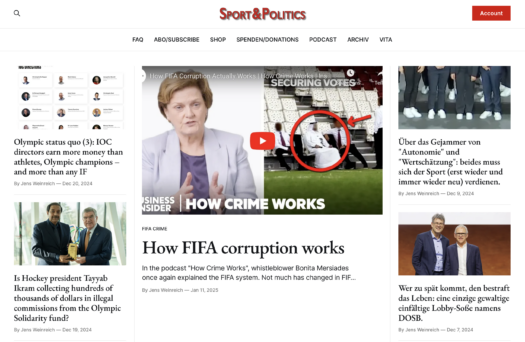
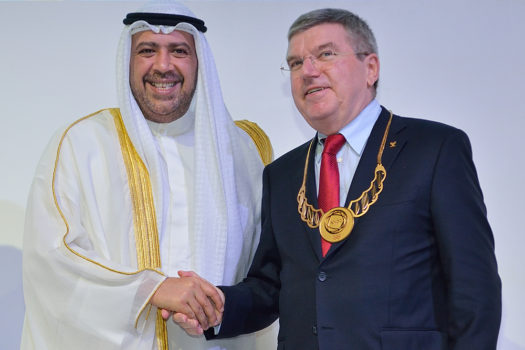
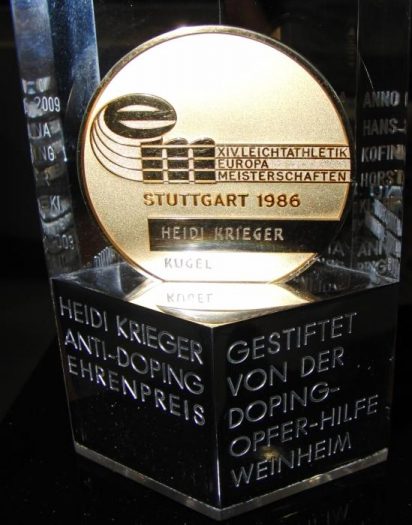
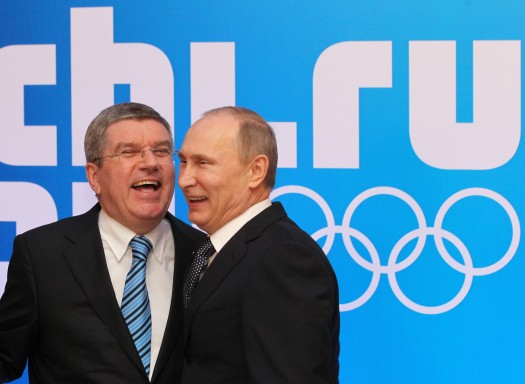
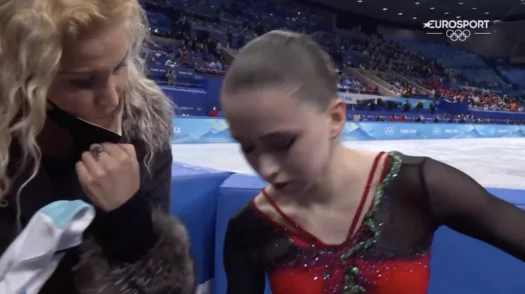
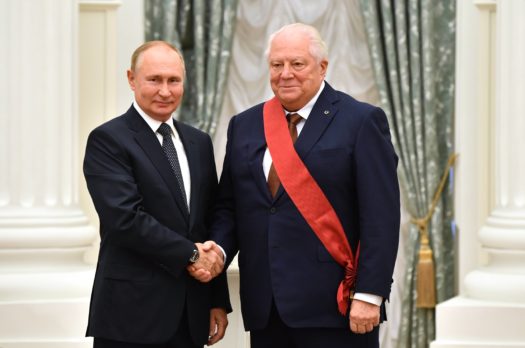
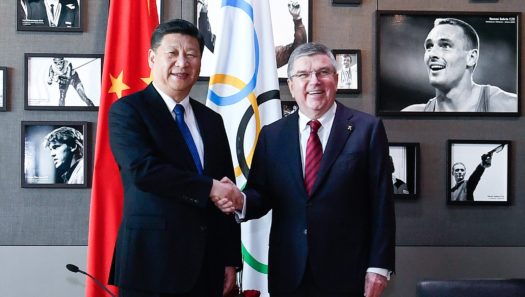
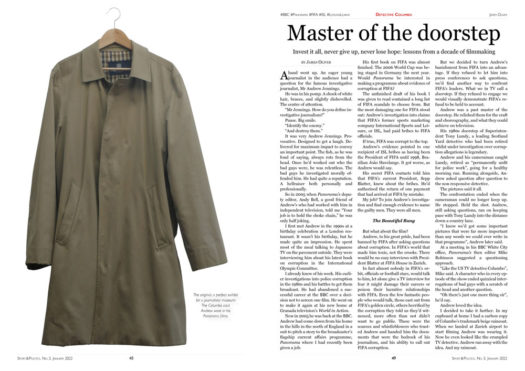
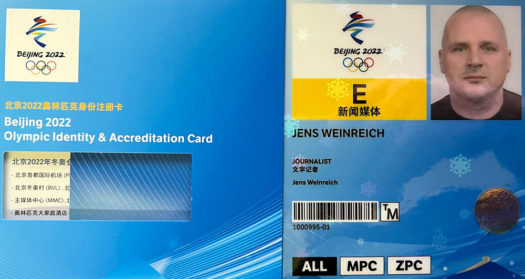
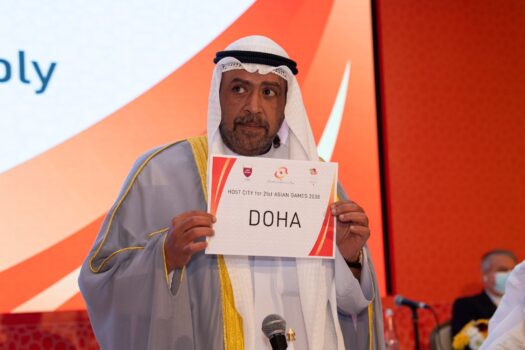
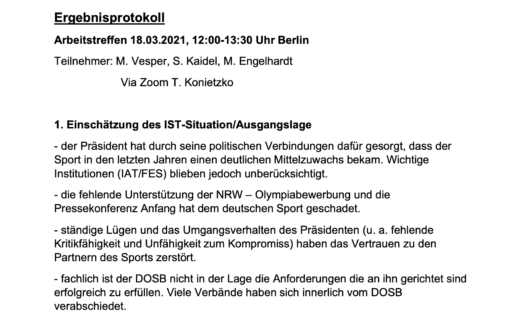
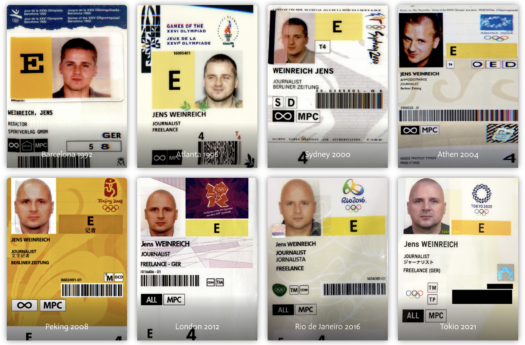
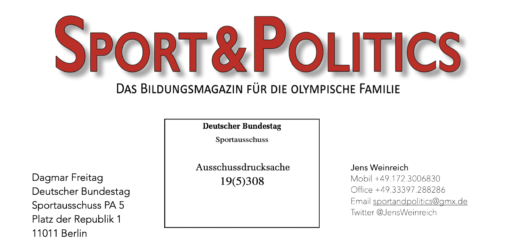
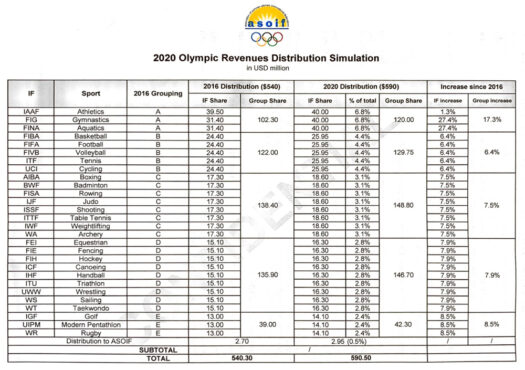
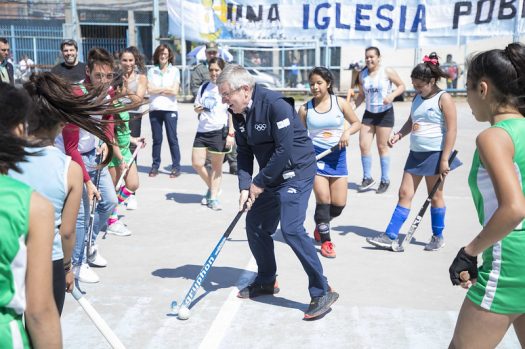
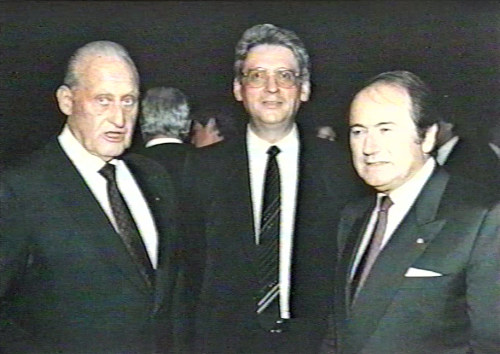
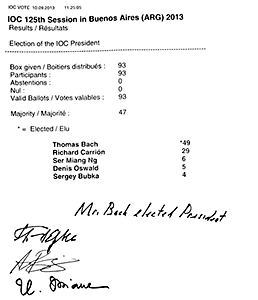
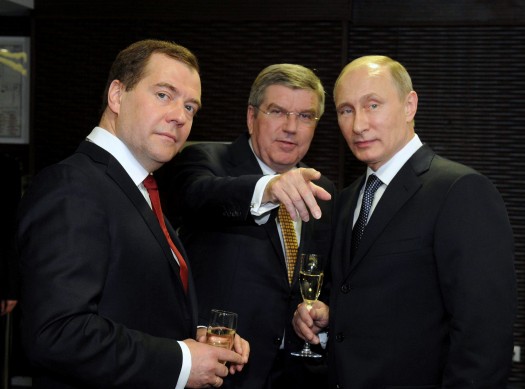
Pingback: live aus PyeongChang (3): IOC-Session, Diskussion zum Russland-Doping, Attacken auf Richard Pound • SPORT & POLITICS